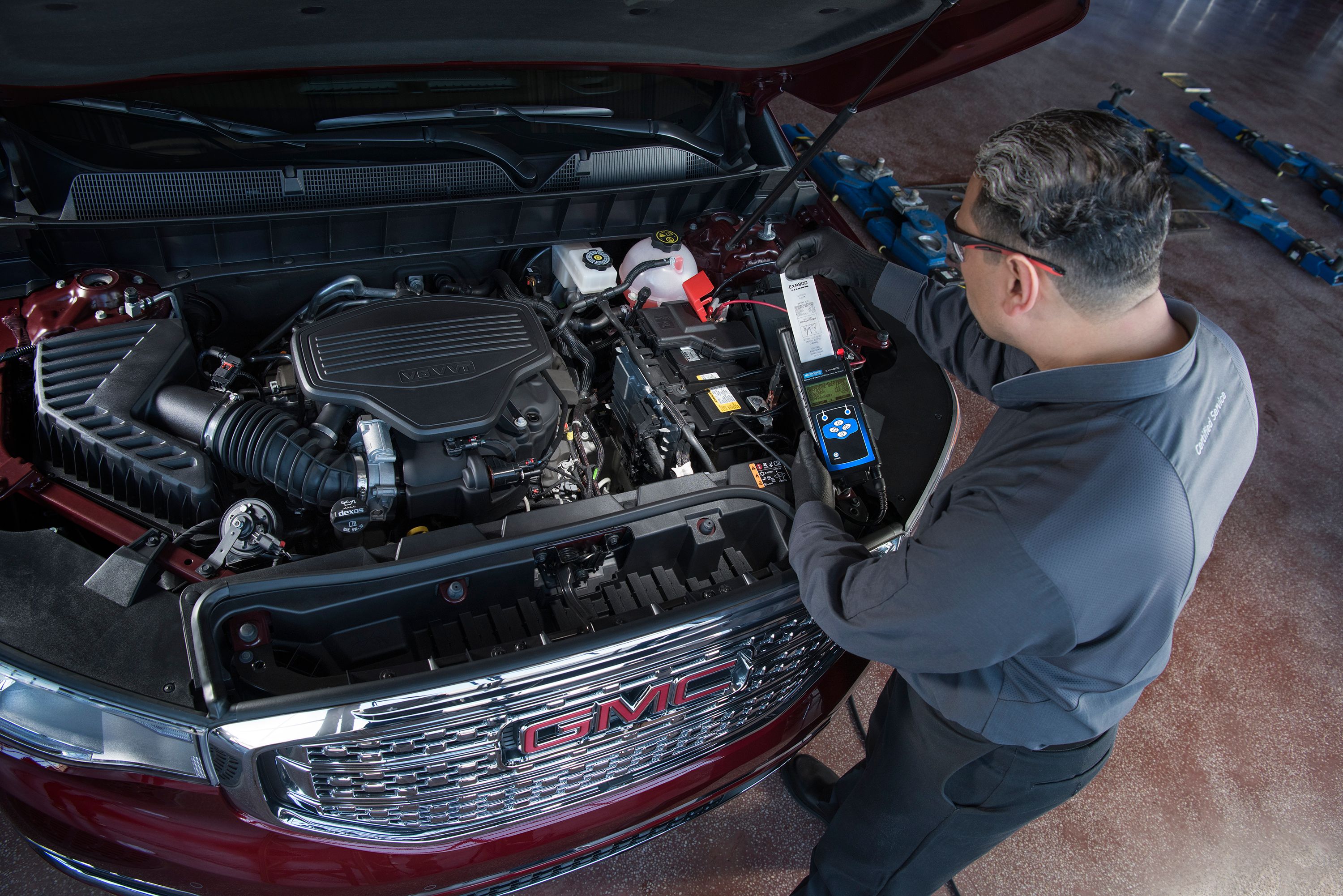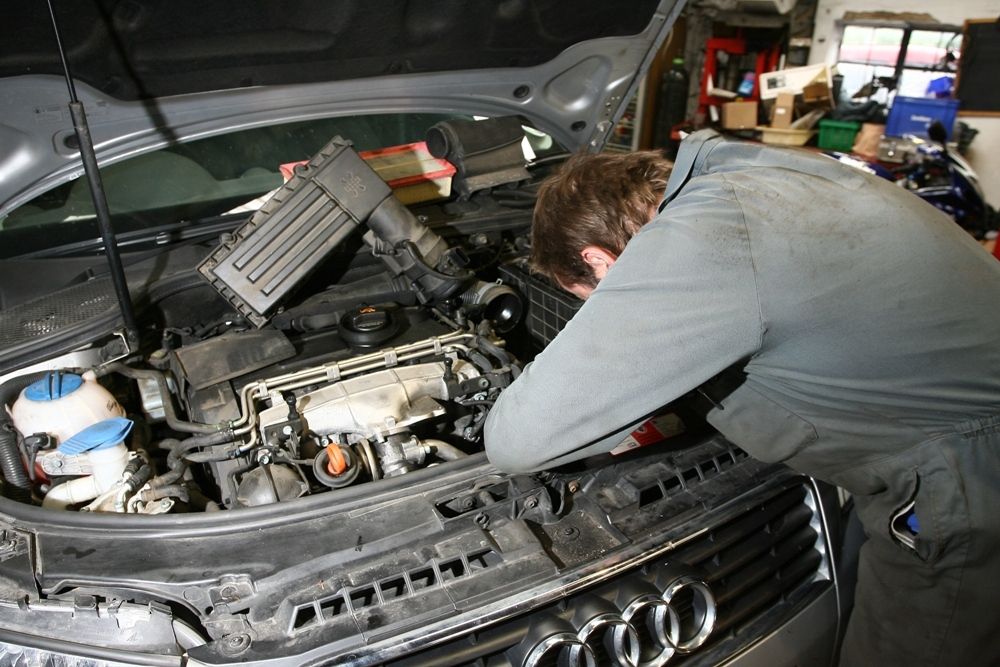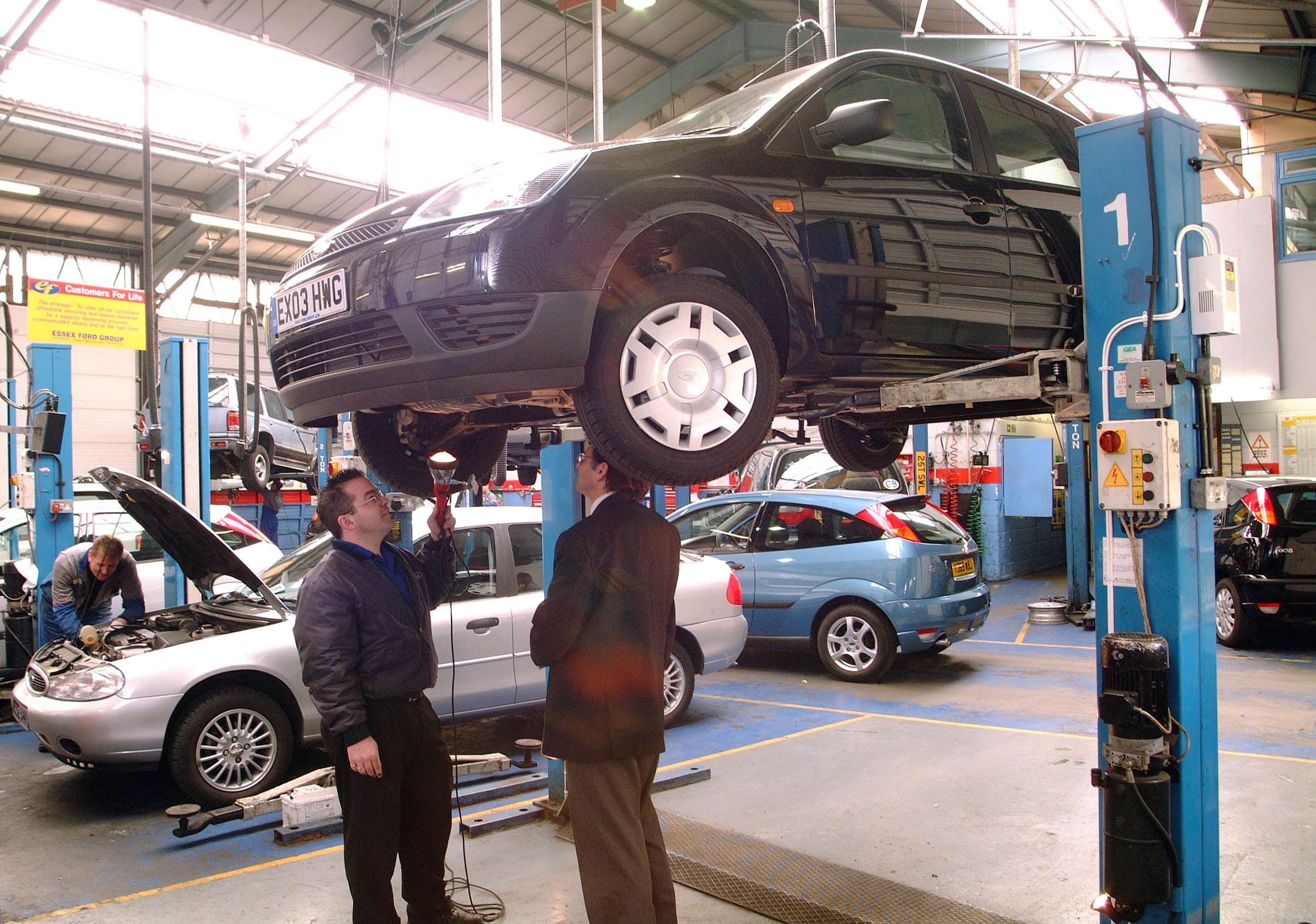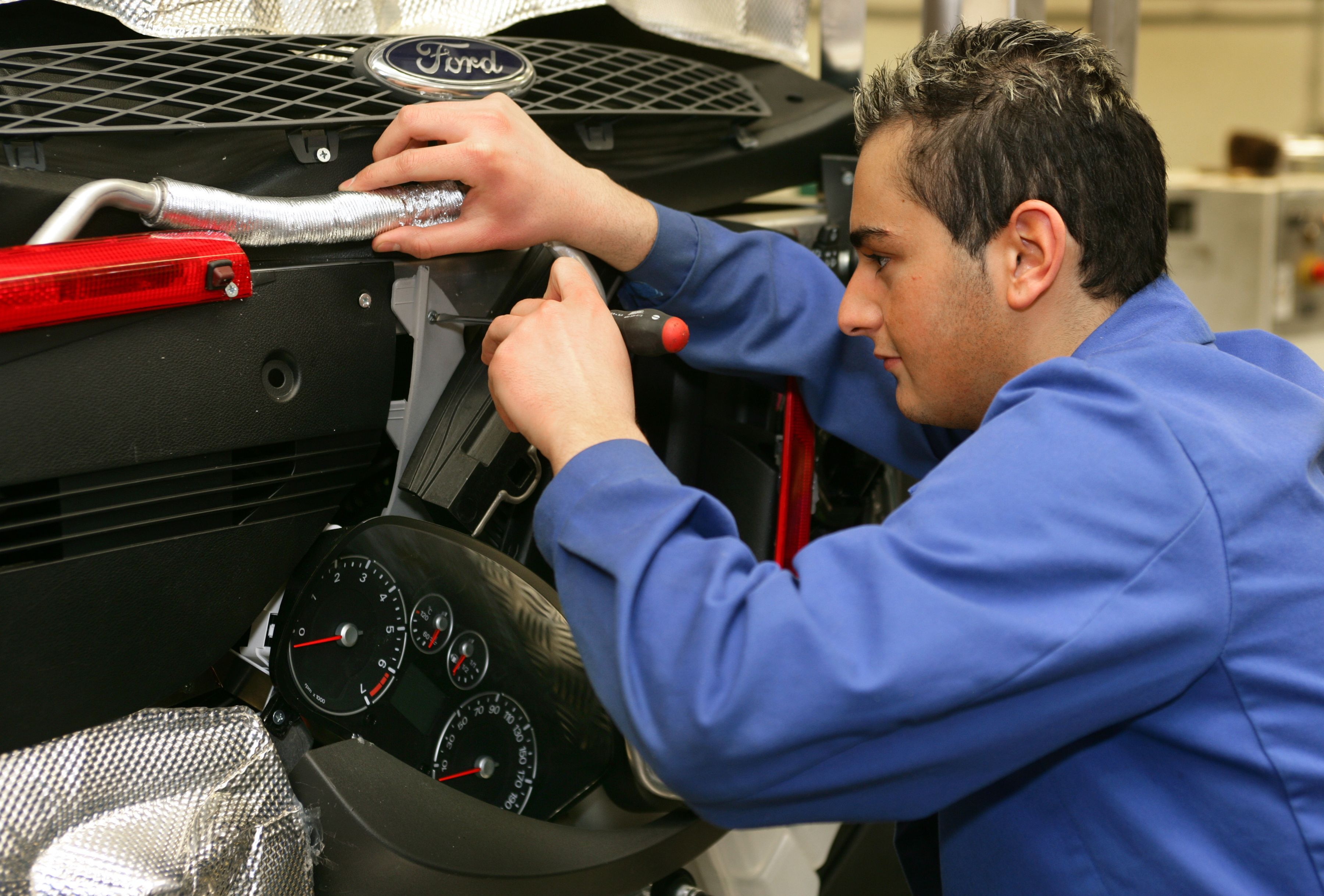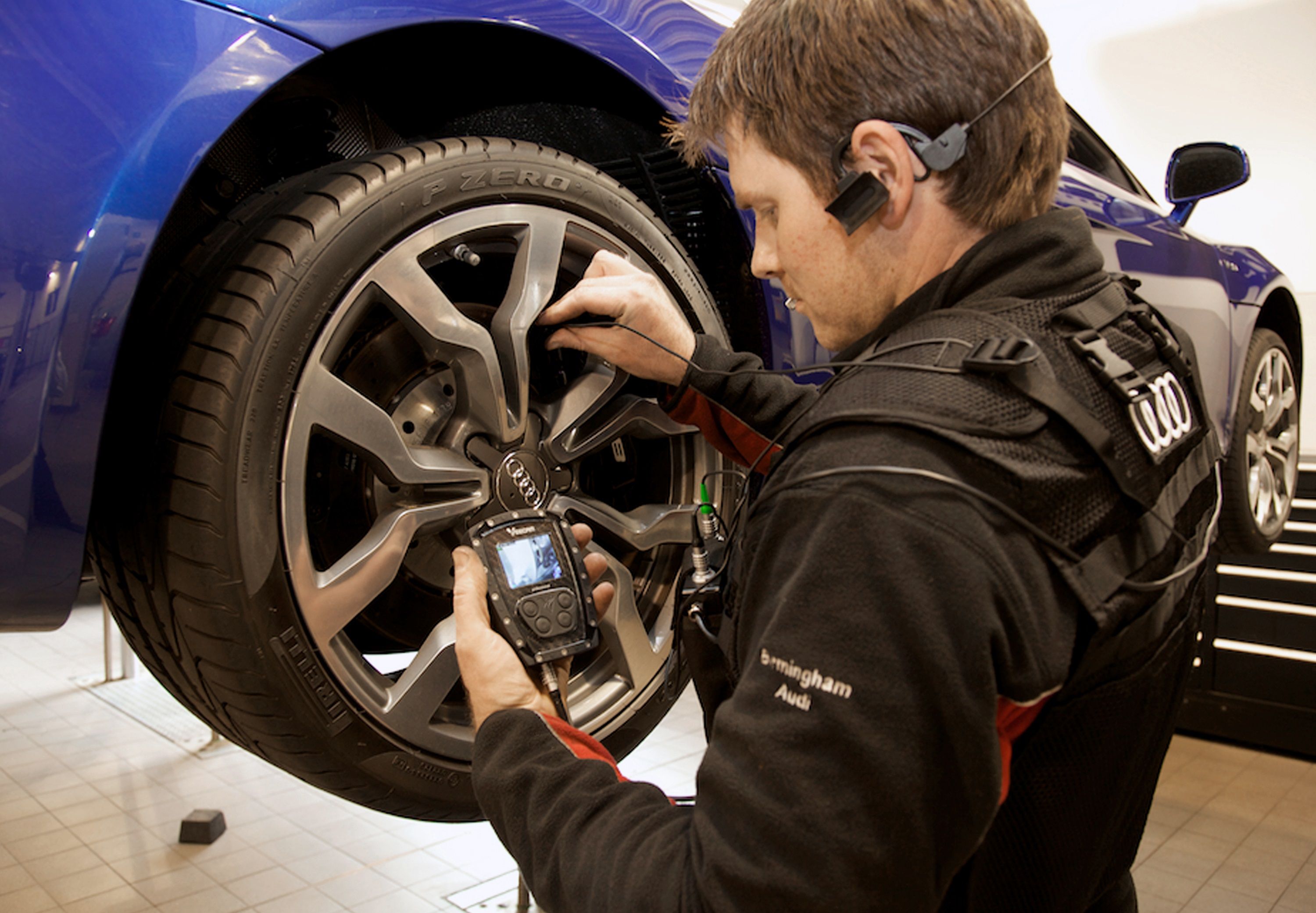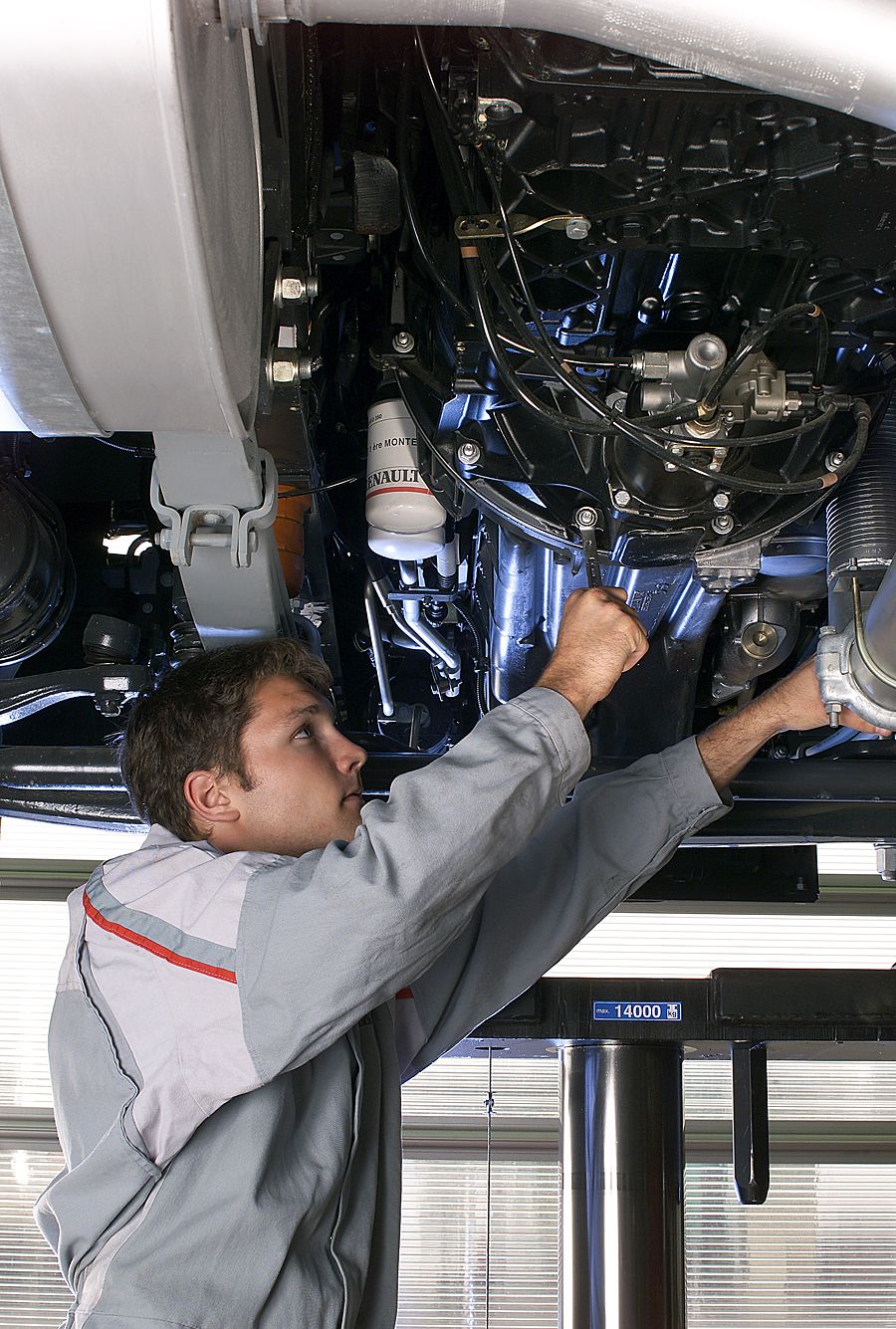A common doubt amongst car owners is whether they should opt for mechanical breakdown insurance or extended warranty plans since both claim to offer similar coverage and protection benefits, at least on paper. So here's a detailed guide comparing mechanical breakdown insurance and extended warranties to help you debunk the myths and make the right choice.
Mechanical Breakdown Insurance Vs. Extended Warranty Overview
Mechanical breakdown insurance commonly known as MBI is a form of coverage offered by insurance companies as an add-on service on top of your existing auto insurance policy. An MBI coverage means that as an extension of your car's insurance policy you get coverage for unexpected repair bills caused due to untimely electrical and mechanical failures.
An extended warranty on the other hand is a form of coverage offered by the car's manufacturer/dealership or a third-party vendor that acts as an extension to your standard warranty that you get when you purchase a vehicle. That means it covers critical vehicle components like powertrain, key electrical components, etc. The extent of parts covered and duration is generally determined by the type and cost of the extended warranty package and can also include perks such as roadside assistance and trip interruption coverage.
Check out are in-depth breakdown of what an extended car warranty is to learn more about them.
Mechanical Breakdown Insurance
Pros:
Easy add-on to the existing auto insurance policy.
Cheaper monthly installments in most cases compared to an extended warranty program.
Regulated by state insurance commissioners.
Cons:
Comparatively higher cost of deductibles.
Wear and tear of any kind is not covered.
They generally don't offer routine services like an oil change or tune-ups.
Only applicable new and low-mileage vehicles
No refund if you cancel your policy
Extended Warranty
Pros:
Low average deductible
Comprehensive coverage choices for older
and high-mileage vehicles
Typically offers a prorated refund after 30 to 60 days
Cons:
Doesn’t cover wear and tear or routine services such
as oil changes and tune-ups.
High monthly payments are required in some cases
High monthly payments in some cases
Not regulated by any authority
MBI Coverage Vs. Extended Warranty Coverage
Mechanical breakdown insurance covers your vehicle’s major components in the case of part failures or faulty workmanship, so it’s pretty similar to an extended warranty. MBI policies vary somewhat in scope but generally cover parts ranging from your drivetrain and fuel system to your air conditioning.
Mechanical breakdown insurance and extended warranties do have a lot of factors in common. For instance, both offer coverage for repairs on certain parts and systems. None of these programs will cover routine maintenance (some high-end extended warranty packages might for a limited time, damage from misuse, or replace perishable parts like wipers, bushes, brake pads, etc that are subject to routine wear and tear.
Since an extended warranty program is a stand-alone coverage unlike an MBI which is generally an add on to an existing insurance plan, it offers more benefits which usually include:
|
24/7 roadside assistance: |
This service can help if your vehicle breaks down or you lock yourself out. It also helps out if you have a flat tire or need gas delivery. |
|---|---|
|
Rental car reimbursement: |
This helps pay for transportation expenses while your vehicle is being repaired under an extended warranty claim. |
|
Towing coverage: |
This takes care of the cost of having your vehicle towed to the nearest repair facility. |
|
Trip interruption benefits: |
This benefit reimburses you for expenses such as lodging if your vehicle breaks down a certain distance from home. |
Still not sure if you need an extended warranty? Our in-depth guide will get you on the right track.
MBI Cost Vs. Extended Warranty Cost
Cost is the biggest factory that draws a potential customer to mechanical breakdown insurance over a conventional extended warranty program. As is the case with any bundled package, MBIs are cheap and they typically start from around $30 and can go as high as $100 per annum and the payments are usually integrated into your auto insurance. This price is determined by the age and mileage of your vehicle.
Extended Warranties on the other hand have a fixed one-time cost and the coverage is based on the mileage and years specified in your program. With prices ranging from $1000 and $3000 based on the plan and coverage and the cost depends on factors like vehicles age, make and model, mileage, and warranty provider.
Not sure if an extended warranty is worth it? We've covered all fo the ins and outs so you can make an informed decision that's right for you.
Which Option Is Right For You?
The benefits of both MBIs and Extended Warranties are debatable, but it all comes down to your personal situation and preference. If you own a new vehicle from a reliable manufacturer, don't drive much, and want coverage just for added peace of mind. For older vehicles or for people who put in a lot of miles, an extended warranty program will offer more comprehensive coverage which might just be worth the extra cost. Here's a breakdown to help paint a better picture:
|
Comparison Points |
Term lengths |
Types of cars eligible |
Cost |
Deductible |
Availability |
|---|---|---|---|---|---|
|
Mechanical Breakdown Insurance |
Usually 7 years/100,000 miles |
Generally, cars with fewer than 15,000 miles |
$30 to $100 per year |
$250 to $400 |
Insurance providers such as Geico and Mercury |
|
Extended Warranty |
Usually 3 to 10 years |
New cars and used vehicles with less than 150,000 miles |
$1,000 to $3,000 in monthly instalments or a lump-sum payment up front |
$0 to $200 |
Extended service plan providers such as Olive and Protect My Car |
Our Recommendations For Extended Service Providers
When it comes to third-party warranty providers, we strongly recommend getting in touch with them to try and get the best deal since most of them will offer you a discount over the quoted price if you ask for one. Olive and Endurance are some of the best third-party warranty providers that offer the option of transferring ownership. Here's a brief review of these providers:
Uproar:
Uproar is based out of Seattle, Washington, but it’s not like any other extended car warranty company out there. Uproar bills itself as an innovator, which makes a lot of sense considering it’s the first extended warranty company to offer a 100-percent digital, subscription-based experience. The main highlights of uproar include an instant quote and signup online, same-day coverage, no long-term commitments, transparency, and no aggressive salespeople or robocalls. They are BBB accredited and have five-star ratings from both Google and Consumer Affairs.
Olive:
With one of the highest satisfaction rates in the industry, a result of their extremely reasonable pricing structure, Olive is yet another provider that has built up quite a fan following. And the cheaper prices mean you can set aside those saving and use them towards routine maintenance.
- For cars up to 10 years old/ 140k miles
- 100% online extended warranty solution with customizable plans
- File claims online 24/7
- Affordable monthly payments
- Call for a quote & get a free $5 gift card
Forever Car
This brand is a well-reputed one and offers a plethora of options. There Platinum Plus warranty plan covers repair costs for both mechanical breakdowns and wear-and-tear items such as windshield wipers, fuses, light bulbs, and brake pads.
- 4 distinct warranty plans spanning a wide price range
- Cut repair costs with full protection for your vehicle
- Inspection required before a claim can be filed
- Deductibles range from $0 to $500
Endurance:
Endurance is one of the biggest names in the third-part warranty space and offers a plethora of plans to cater to a wide range of customer needs. The Endurance Advantage™ plan covers mechanical breakdowns and maintenance through three levels: Preferred, Plus, and Prime. These plans cover all basic maintenance parameters like oil changes, engine checks, and brake pad replacements, along with additional services like roadside assistance, towing, and rental car reimbursement. Some of the other benefits include:
- Coverage for cars up to 20 years old
- Basic powertrain warranty options are available
- Inspection required before a claim can be filed
- Extra perks with all-inclusive membership
- Join & save $300 on a protection plan
CARCHEX
They offer coverage for cars with up to 250,000 miles which makes them a great choice for people who plan to purchase a warranty for their heavily used vehicles. They offer a wide range of policies some of which offer industry-leading claim filing processes. With an A+ rating from the Better Business Bureau, CARCHEX should be on your list when shopping for an extended warranty.
- Covers cars with up to 250k miles
- First-rate full-coverage protection for new and used vehicles
- The claim filing process depends on the policy
- No-haggle, low-price guarantee
- A+ rating from the Better Business Bureau
Should I get an extended warranty or mechanical breakdown insurance?
Is mechanical breakdown insurance better than an extended warranty?
How long does mechanical breakdown insurance last?
FAQ
Q: Should I get an extended warranty or mechanical breakdown insurance?
In case you are wondering if a Mechanical Breakdown Insurance is better than an extended warranty, Mechanical Breakdown Insurance is cheaper but it might not offer coverage for older vehicles or offer benefits as comprehensive as an extended warranty.
Q: Is mechanical breakdown insurance better than an extended warranty?
The biggest advantage of an MBI is its price advantage, an MBI is considerably cheaper than an extended warranty. So if you don't want very comprehensive coverage an MBI might be a good way to save money.
Q: How long does mechanical breakdown insurance last?
A typical Mechanical Breakdown Insurance (MBI) lasts for as long as 7-years but plan prices and duration vary in range from provider to provider and the duration along with other details will be mentioned in your contract at the time of purchase.

